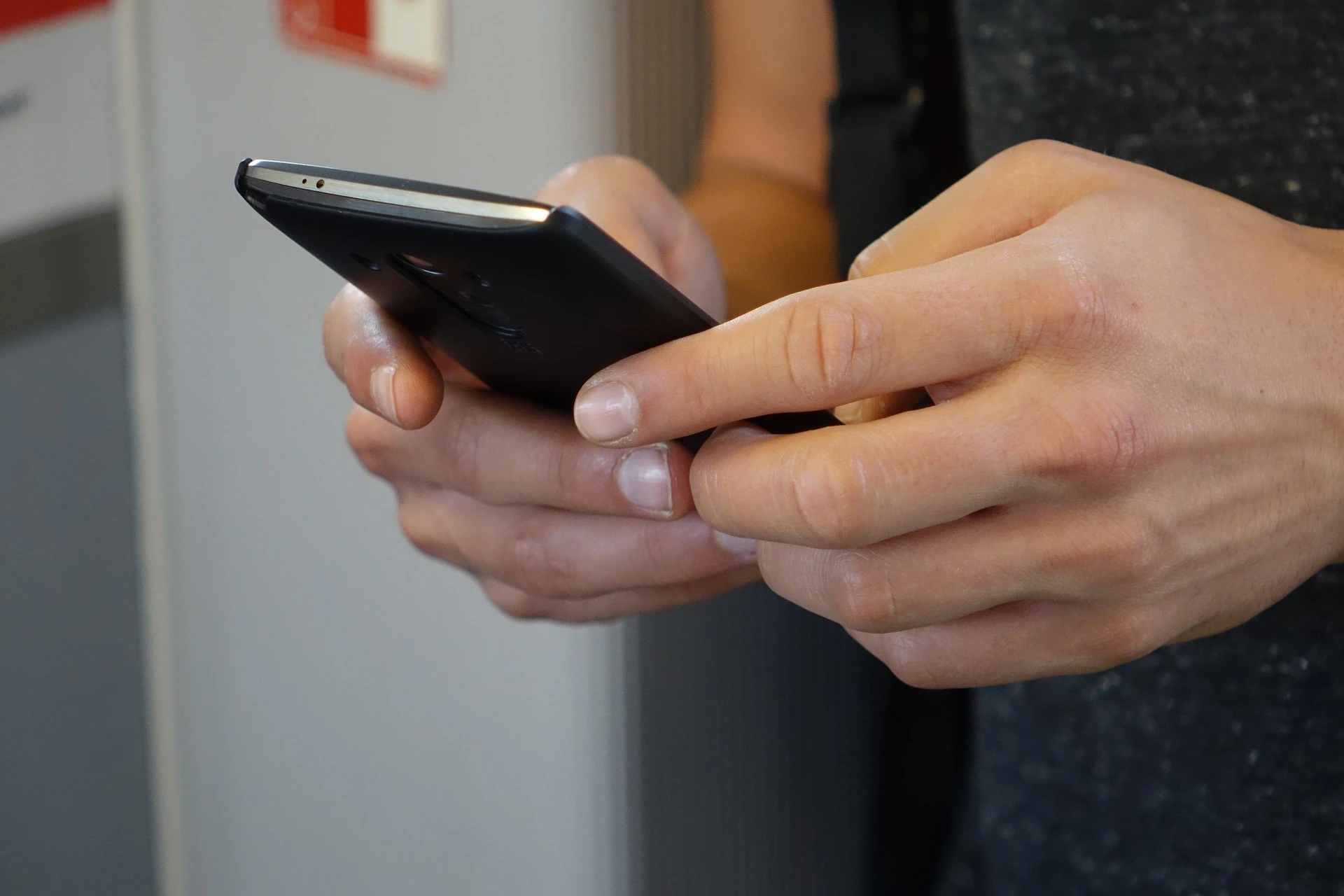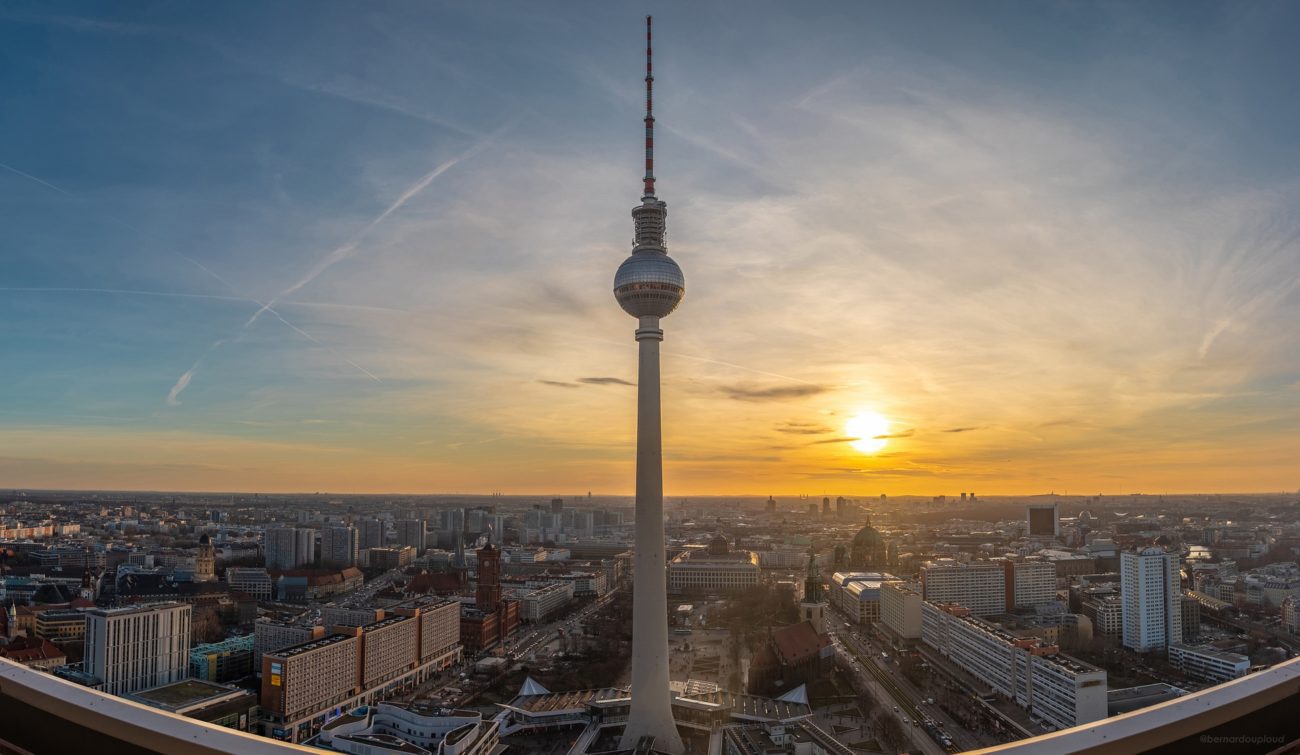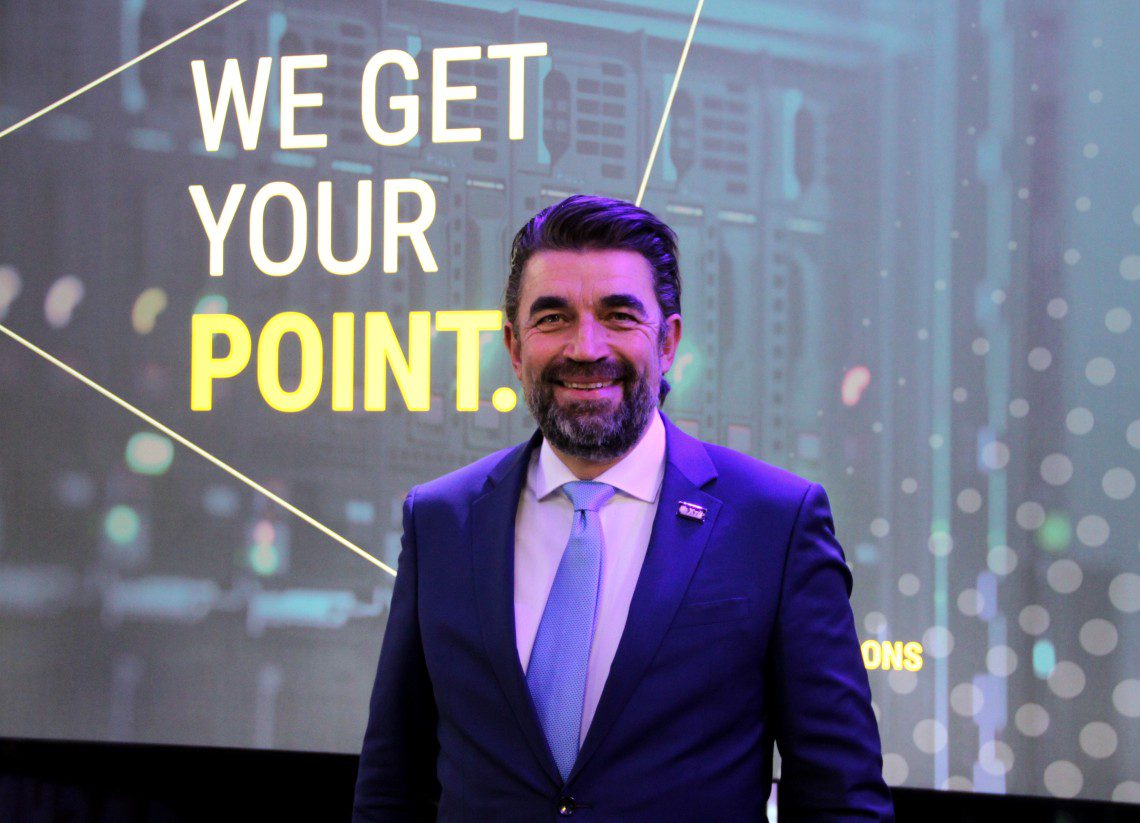DSWV says increase in self-exclusions is positive development

The DSWV was responding to accusations made in some media outlets that the higher numbers registered to the OASIS self-exclusion platform resulted from a spread in problem gambling in Germany.
The number of players listed in the system increased from 47,000 in 2020 to 192,600 last month.

“The high number of player bans speaks volumes,” said Burkhard Blienert to press association Editor Network Germany (RND).
Blienert is an SPD politician and the federal government’s addiction and drug commissioner.
“It shows that gambling addiction really gets down to the substance, for the gambling addict and those around them.
“Since the vast majority let themselves be blocked, the suffering of many people must be considerable and also the insight that they have to do something themselves,”
DWSV disputes OASIS conclusion
The trade body argued that this is an “incorrect” conclusion. According to the DSWV, it mistakenly assigns the rise to being a consequence of more operators connecting their services to OASIS.
The organisation said that as early as June 2021, only 464 gaming businesses operating 1,529 locations had linked with the platform. These included mainly arcades in Hesse and Rhineland-Palatinate as well as a number of casinos and sports betting operations.
Over the following two years, this rose to 6,400 operators with an excess of 29,500 venues.
The DSWV noted that, prior to the State Gambling Treaty’s implementation in July 2021, gaming venues could not connect to OASIS outside the states of Hesse and Rhineland-Palatinate.
The body also highlighted that a number of newly licensed online gaming operators – which could not previously connect to OASIS due to being active in the grey market – are now linked to the platform.
“Only logical”
The organisation argued that the increase in the number of self-excluded players “is only logical” due to the rise of both retail and online operators that have integrated OASIS.

“Even a higher increase should not have come as a surprise in purely statistical terms,” said the sports betting association.
DSWV president Mathias Dahms said: “It is not the number of gambling addicts that has increased, but the number of players who can be entered into OASIS and thus protected across all providers.
“The development of the OASIS figures is proof of successful player protection and the functioning blocking system.
“However, to derive a general attack against the State Treaty on Gaming or the licensed gaming providers from the increased figures does not do justice to the history of the blocking file, nor to the improved player protection situation on the German gaming market.”
OASIS player blocking register
The DSWV said that the OASIS player blocking register is a “central element” of player protection. Consumers have the option of blocking themselves. Partners or family members of a user can also decide to put the block in place.
The law also required gambling operators to put a third-party block in place if a player demonstrates signs of debt or gambling addiction.
“The nationwide and cross-gambling form player blocking database has been implemented with strong support from gambling operators,” said Dahms.
“It is a major step forward for player protection in Germany and a real success story that politicians, regulators and gambling operators alike can be proud of.”
